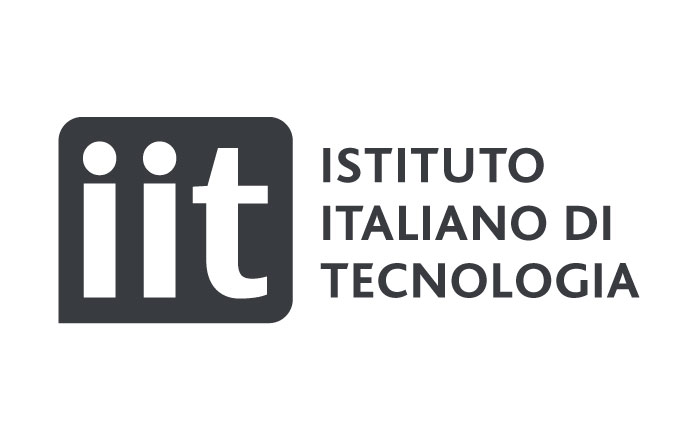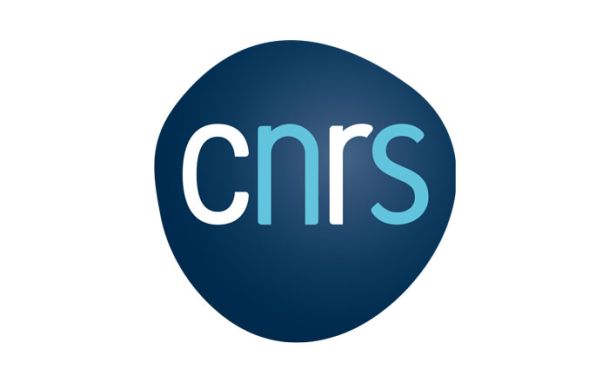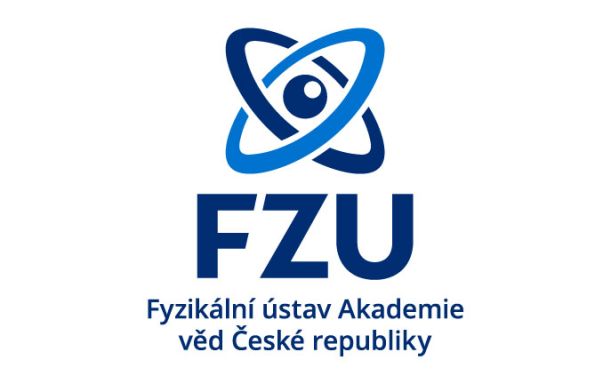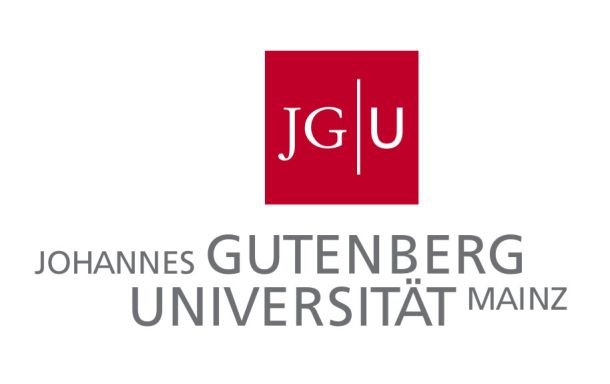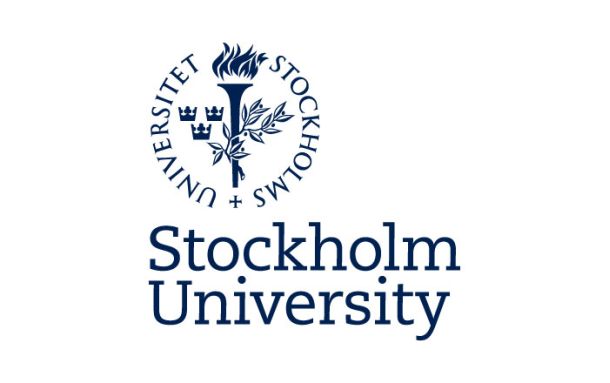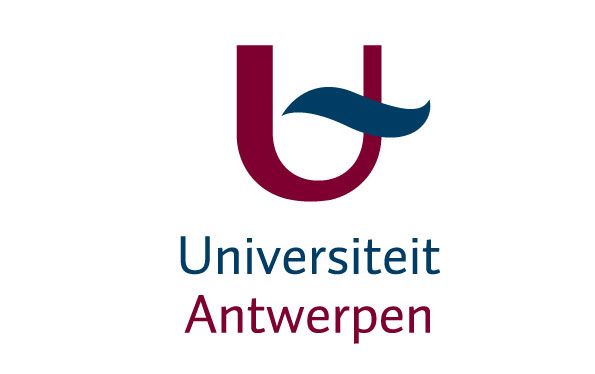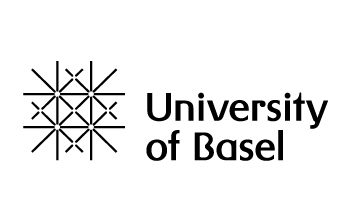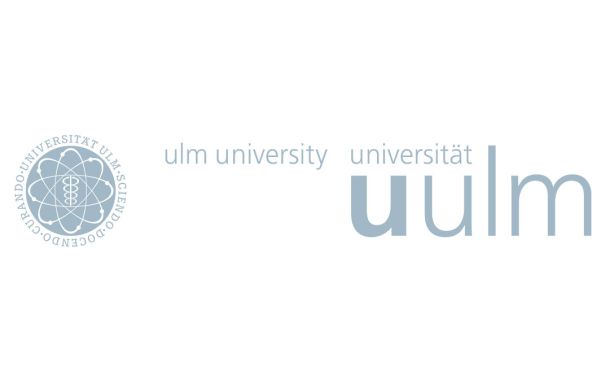Istituto Italiano di Tecnologia
Fondazione Istituto Italiano di Tecnologia (IIT - Italian Institute of Technology) is a scientific research center established by law in 2003 by Italian Ministry of Education, University and Research and Ministry of Economy and Finance, in order to promote excellence in both basic and applied research and to facilitate the economic development at national level. IIT scientific activities started in 2006, they are multidisciplinary and with a very strong approach to technology transfer. IIT staff is of about 1700 people, and its research is carried out in the Central Research laboratory in Genoa (IIT headquarters), in 11 research satellite centers across Italy and in 2 outstations in US. IIT scientific vision is interdisciplinary, based on the concept of “translating evolution into technology”, that is mimicking natural solutions to develop new technologies in the fields of robotics, materials science, and life science. The main goal is to produce technologies that will have a positive impact on some important societal challenges, such as sustainability and the environment, healthcare and aging society, also reflecting the priorities of EU framework programs. IIT participation to the project will be through the Center for Nanotechnology Innovation (CNI@NEST). CNI is an interdisciplinary R&D center dedicated to the investigation and exploitation of phenomena at the nanoscale. The center is embedded in the NEST laboratories of the Scuola Normale Superiore in Pisa.
Key Research Facilities
The transmission electron microscopy lab at CNI has a long experience in electron crystallography and is a reference lab in the field. It is equipped with a Zeiss Libra 120 transmission electron microscope with an in column omega filter for energy filtered imaging and diffraction. The microscope is equipped with state of art devices for electron crystallography: a P1000 Nanomegas digistar device for precession electron diffraction and texture analysis at the nanoscale, a TimePix single electron detection camera, a 2kx2k TRS CCD, single and double tilt analytical sample holders, Liquid nitrogen cryo-transfer single tilt sample holder, Bruker XFlash 6T|60 EDS detector for microanalysis. It has a sample preparation lab with a Leica UC7/FC7 cryo ultramicrotome and Leica EMPG cryo plunging system. The CNI is also equipped with a Zeiss Ultraplus FEG SES with microanalysis, with chemical synthesis facilities and several other characterization techniques such as microraman, confocal microscopy, atomic force microscopy, scanning tunnelling microscopy. CNI is equipped with a powder x-ray diffractometer with a Mo and Cu source, a Johansson monochromator, a Debye-Sherrer transmission geometry and a 1D solid state detector.
Contact
-
Mauro Gemmi, PhD
-
Center for Materials Interfaces
-
Istituto Italiano di Tecnologia
-
Viale Rinaldo Piaggio 34, 56025 – Pontedera, Italy.
-
Email
